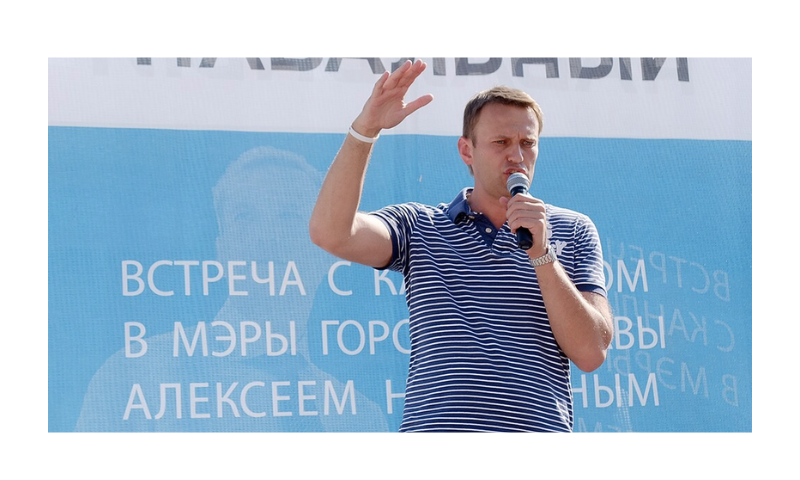Andrei Soldatov and Irina Borogan, Foreign Affairs, Feb. 16, 2024
The announcement on Friday that the Russian opposition leader Alexei Navalny has died in a remote Russian prison colony has left observers of the country in shock. For years, the most fearless critic of Russian President Vladimir Putin and the pervasive corruption of Putin’s inner circle, Navalny had been serving a draconian 19-year sentence for extremism. Indeed, it was highly unlikely that he would ever be released as long as Putin was in power. But apparently, even that was not enough. According to the Russian prison service, Navalny collapsed after a short walk in the prison yard and lost consciousness and died soon after. The details of his death have yet to emerge, but in a Friday news conference, U.S. President Joe Biden expressed the consensus view of observers in Russia and around the world: “Putin is responsible.”
As brazen and heinous as it would be, a decision by Putin to kill Navalny should not come as a surprise. For the Russian president, silencing him once and for all makes perfect sense, even if the Kremlin’s spin doctors try to deny it. After all, Navalny was a master of social media who had often managed to beat the Kremlin at its own information game, exposing terrible abuses and misdeeds by the regime in Moscow and broadcasting them to millions of people over YouTube and other platforms—even as the government did everything it could to silence him. In December 2020, he even managed to get a confession out of his own would-be government assassins, who had embarrassingly bungled an effort to poison him on a flight from Tomsk in Siberia to Moscow in August 2020.
Even more dangerous was Navalny’s extraordinary, boundary-defying popularity. Unlike any Russian opposition figure since Putin came to power almost a quarter century ago, Navalny was able to build a following that went far beyond Russia’s urban elites. He reached people from every corner of the country, including workers and IT engineers as well as liberals and professionals. His supporters were often equally fervent at home and abroad. And he was especially good at galvanizing young Russians who might otherwise have turned away from politics altogether….SOURCE


